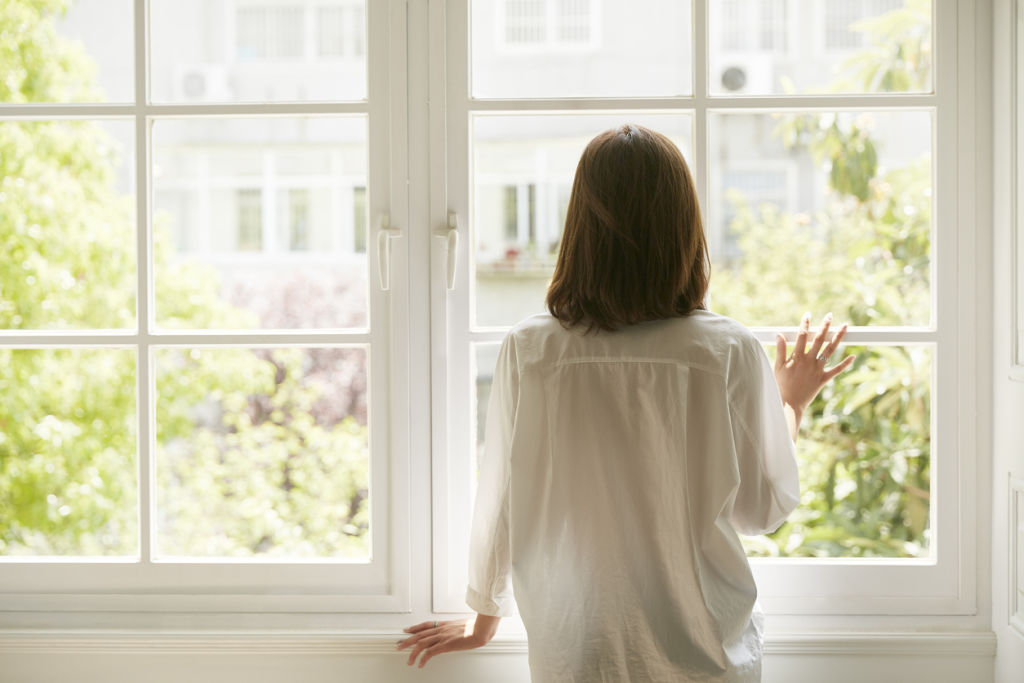All Categories
Featured
Table of Contents
Diy Double Glaze in Oakford Western Australia
That window can transfer more solar heat in winter than in summer. A west-facing window on a summer's afternoon has an angle of occurrence from near 0 up to 30 with a large reliable area of solar radiation. A north-facing window, in summertime, has a high angle of occurrence and a low efficient location of solar radiation, so can send less heat than a west-facing one.

You can quickly and easily improve the thermal performance of your house by changing your windows. This is one of the most reliable approaches of remodelling to accomplish improved thermal comfort. There are thousands of kinds of glass and frames to choose from. Picking the right ones is necessary to enhancing the energy performance of your house.
Solace Creations: Home in Tuart Hill Western Australia
Single glazing with clear glass is not really effective when it comes to heat loss or gain. To improve efficiency, you can use single glazing with a more energy-efficient type of glass such as low emissivity (low-e) glass.
Multiple layers can be put together with sealed cavities between each sheet of glass. IGUs generally provide better energy efficiency than single glazing, due to the fact that they transfer less energy. The energy performance of IGUs likewise depends on: the properties of each layer of glass. Different glass types (for instance, clear and low-e glass) can be put together in an IGU.
Double Glazing - Windows - Doors in Doubleview Perth

IGU cavities can be filled with air or a more inert, low-conductivity gas such as argon the width of the cavity. Cavity density is generally 6 to 18mm. Larger cavities supply lower (much better) U values, with 12mm generally accepted as the favored gap how well the cavity is sealed. Cavities must be dry and well sealed to avoid wetness getting in.
If argon is set up to the cavity in location of air, wetness is reliably omitted the level of desiccant (drying representative). The spacer (metal or polymer strip) that separates the glass layers contains a desiccant to absorb any wetness. Inadequate desiccant might trigger moisture to condense on the glass surface in cold conditions, reducing thermal performance.
Double Glazing Vs Triple Glazing For Windows (2023) in Alfred Cove WA
In fact, IGUs can deliver better energy performance for all environments, particularly in heated and air-conditioned homes. Cross-section information of single, double and triple-glazing systems Low emissivity glass (frequently referred to as low-e glass) lowers heat transfer. Low-e glass might be either high or low transmission: High transmission low-e glass has a covering that enables daytime from the sun to enter your house to attain good solar heat gain, but decreases the amount of the long wavelength infrared heat that can get away back through the window.
Low-e glass has either a pyrolytic covering or a vacuum-deposited thin film metal coating. Pyrolytic finishings are durable and can be utilized for any glazing; vacuum-deposited coverings are soft and are only utilized within IGUs. Low-e finishes can significantly enhance both U worth and SHGC; however, they should be utilized correctly or they will either weaken or fail to carry out as needed.
How Double Glazing Can Help Keep Your Home Cool In ... in Coolbinia Perth
Low-e finishings can be utilized in combination with clear, toned or reflective glass. Low-e coatings on glazing can decrease heat transfer where required Image: Department of Industry, Science, Energy and Resources Toned glass has colouring additives included during manufacture. It is offered in different colours, generally bronze, grey, blue and green.
Latest Posts
How To Upgrade Your Garden's Summer House For Year- ... in Hilton WA
When Is The Best Time Of Year To Replace Windows? in Hovea Western Australia
Sustainability in Coolbellup Perth